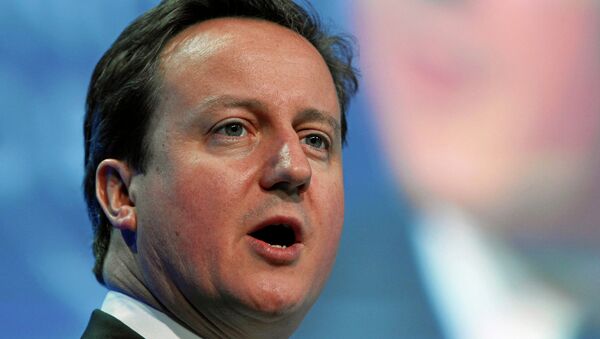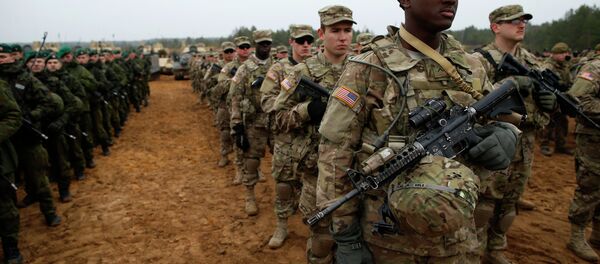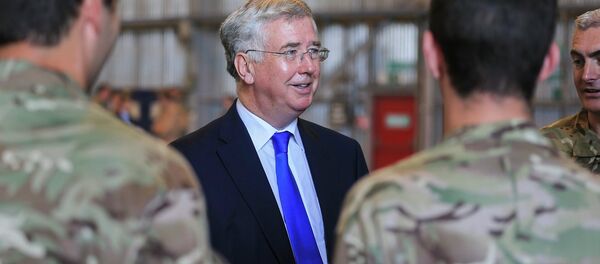According to The Telegraph, Cameron announced a revival of a Cold War-era program on Thursday during the EU summit in Brussels. The plan was first introduced by former British Prime Minister Margaret Thatcher in an attempt to strengthen governance in Eastern Europe in response to what she called a “threat of Russian dominance.”
The funds will be used to support democracy and reform bureaucracies in Bosnia-Herzegovina, Serbia, Moldova, as well as Georgia; countries alleged by Cameron's government as being the most vulnerable to Russian influence, according to British officials.
“We've said to these countries that we want to support them on the transition to democracy. It shouldn't just be words… At a time when they are facing some intimidation from Russia we should be standing alongside them with some concrete help," British officials said after the announcement, as quoted by The Telegraph.
The move came as European Union leaders agreed to leave economic and travel sanctions against Moscow in place.
Since the Ukrainian conflict escalated in April 2014, the European Union, the United States and their allies have imposed a number of economic sanctions against Moscow, blaming it for interfering in Ukraine’s internal affairs.
The Kremlin has repeatedly denied its involvement in the Ukrainian conflict, adding that western sanctions run counter to the principles of international law.



